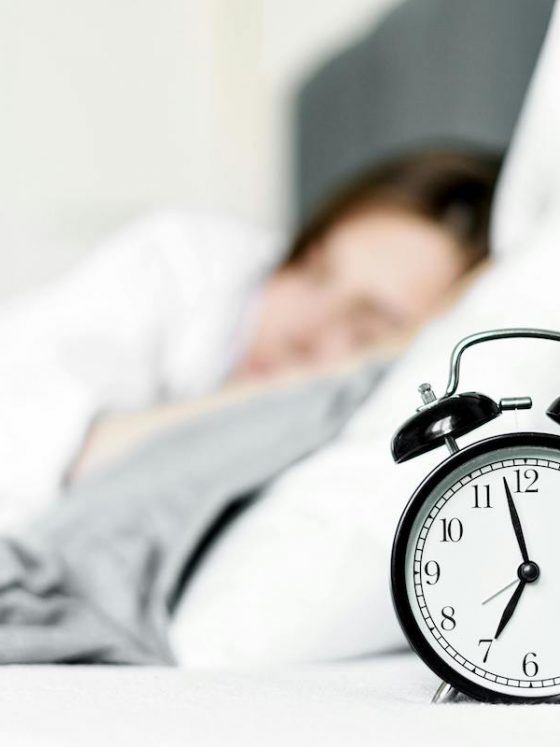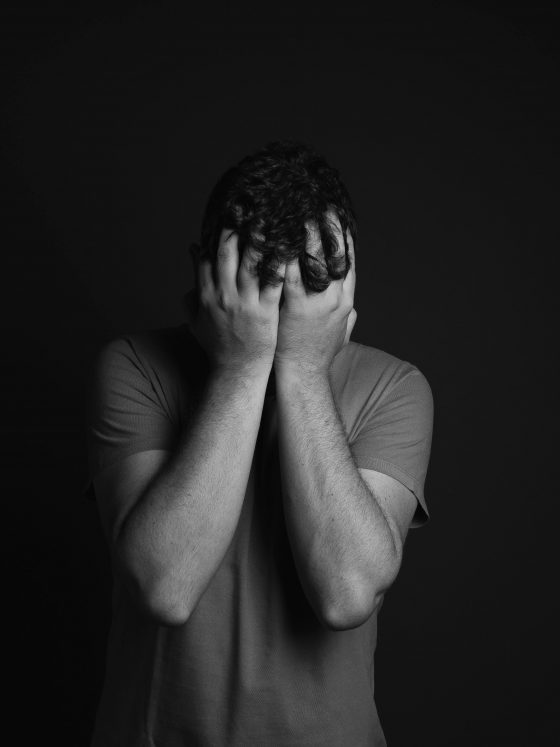Insomnia affects around 30% of the population. This sleep disorder has a devastating effect on the well-being of those affected. It is easy to identify and analyse, and there are a number of solutions that can help treat this symptom.
Midnight, 1am, then 3am, and finally it’s time to wake up. Insomnia… You’ve had little or no sleep and it’s time to get ready for work. You’re obviously tired, but you haven’t started anything yet. It’s going to be a very long day and you’re getting increasingly tired. There’s only one thing left to do: get rid of your insomnia!
What is insomnia?
Insomnia is characterised by 3 types of problems:
- Difficulty falling asleep, which can lead to a sleepless night.
- Waking up during the night, which significantly shortens your sleep time.
- Poor quality sleep (micro-awakenings, sleep apnoea), which is not felt during the night but affects how you feel the next day.
This disorder has significant consequences for sufferers, affecting their physical performance, morale and social skills. The more chronic the insomnia, the more the sufferer can sink into a lethargic state that can have a catastrophic effect on their life.
What causes insomnia?
Insomnia is generally caused by recurring factors, the most important of which are:
- stress
- anxiety
- depression
- underlying medical conditions such as sleep apnoea
- Use of stimulants: caffeine, screens, medication, etc
- Lack of physical and physiological balance/altered lifestyle.
If you can identify which of these factors you are suffering from and which may explain your disorder, then you can begin to implement strategies to get back to restful sleep.
What strategies should be adopted?
Insomnia, whether occasional or chronic, is a real threat to your equilibrium and well-being. Fighting it is not an option, but a vital necessity that should not be neglected.
If you’ve made it this far, you’re motivated to get your sleep under control. That’s great, and here are the best tips to help you achieve your goal:
- Establish a sleep routine to help regulate your body clock. Ideally, you should go to bed and get up at the same time every day of the week (yes, even weekends!).
- Stop taking any stimulants after 2pm and reduce your intake. Better still, stop using them altogether if you can. This applies especially to caffeine and other energy drinks.
- Limit your screen time in the evening and stop everything at least 1 hour before bedtime. Remember that exposure to blue light alters the secretion of melatonin, the hormone that gives our bodies a sense of time and helps us to fall asleep and sleep well.
- Take some exercise. Intense or not (going for a walk is great!), physical activity allows you to clear your head and relieve stress and anxiety. Avoid exercising too close to bedtime, however, as this may prevent you from falling asleep.
- Avoid napping for more than 30 minutes.
- Make sure you have a good night’s sleep: a tidy bedroom, a good quality mattress, clean sheets, closed blinds, peace and quiet and a room temperature between 16 and 18°C.
- Try to manage your stress as best you can by keeping a diary or talking to friends and family.
- Learn some relaxation techniques such as deep breathing, yoga or meditation. This will help you find peace and quiet before going to bed.
- Listen to podcasts or videos (turn your phone over to block out the light) that might help you fall asleep: hypnosis, music, nature sounds.
Finally, it’s important to remember that if the solutions described in this article don’t help to improve your symptoms, we recommend that you contact your GP to find out more about the problem and decide on the best course of treatment.































Follow us on Instagram